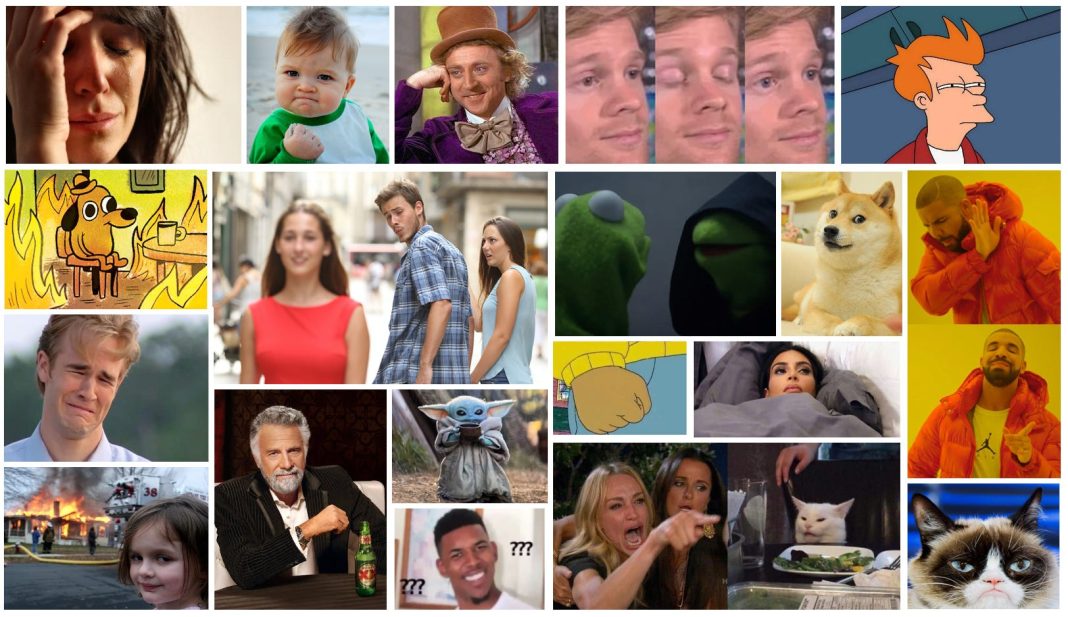In the digital age, memes have become the vernacular of the internet, encapsulating humor, satire, and commentary in compact, shareable forms. Understanding the sociology of memes offers insights into their role in shaping public discourse and cultural trends.
What Defines a Meme?
Memes are essentially concepts, behaviors, or ideas that spread virally among people within a culture, primarily through imitation. In the internet era, these often take the form of images, videos, or texts that evolve through user modifications and reiterations. The transient and adaptive nature of memes makes them a fascinating subject for sociological study, as they reflect the dynamic interplay between culture and technology.
Sociological Perspectives on Memes
Memes do more than entertain; they serve as a barometer for societal norms, values, and issues. Researchers in the field of meme studies employ a variety of methods such as digital ethnography and social network analysis to understand memes’ impact and propagation mechanisms.Valerie Ng’s work, as discussed in a TED Talk, further illuminates how memes, as both prosumption objects and photographic entities, interact with cultural and social dynamics, highlighting their role in participatory culture where users are involved both in consumption and production.
The Universal Language of Memes
Memes transcend geographical and linguistic boundaries, adapting and morphing to fit local cultural contexts. This universal appeal can be attributed to their ability to encapsulate complex societal emotions and situations in simplistic and relatable humor. Memes often address universal themes such as societal frustrations, political satire, or cultural trends, making them resonate across different demographics.
Memes as Agents of Social Commentary
Memes are not just digital artifacts but are potent tools for social commentary and critique. They have the unique ability to bypass traditional gatekeeping in media, offering a grassroots approach to commentary and the dissemination of ideas. Memes can highlight social injustices, poke fun at political figures, or amplify marginal voices, all while engaging a wide audience that might not be reached through conventional media channels.
Challenges in Meme Research
Studying memes presents unique challenges, primarily due to their ephemeral nature and rapid evolution. The interdisciplinary approach required to study memes often involves bridging gaps between different academic disciplines, from digital humanities to social sciences. Additionally, the informal and often humorous nature of memes can complicate the task of taking them seriously as subjects of academic research.
Conclusion
The study of memes opens a window into the collective psyche of the internet age, revealing how digital communities use humor and satire to negotiate and challenge their social realities. As digital platforms continue to evolve, so too will the complexity and influence of memes in shaping cultural and social discourse.

